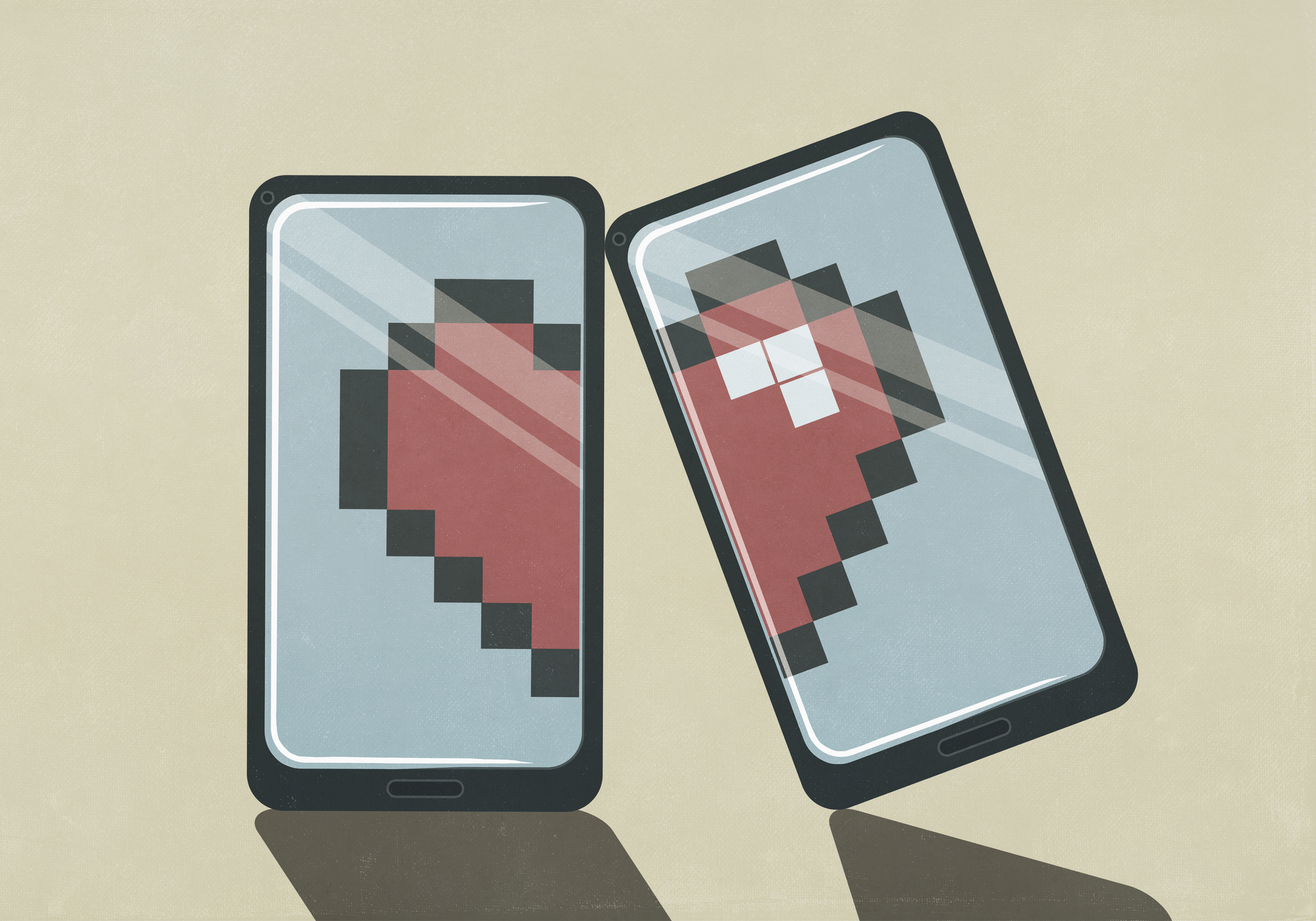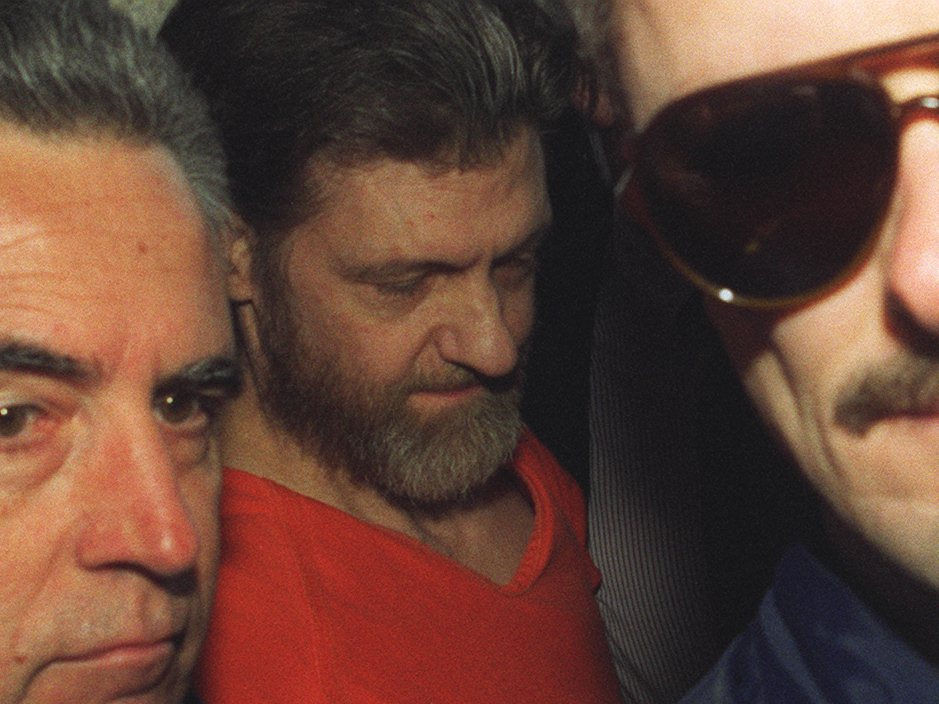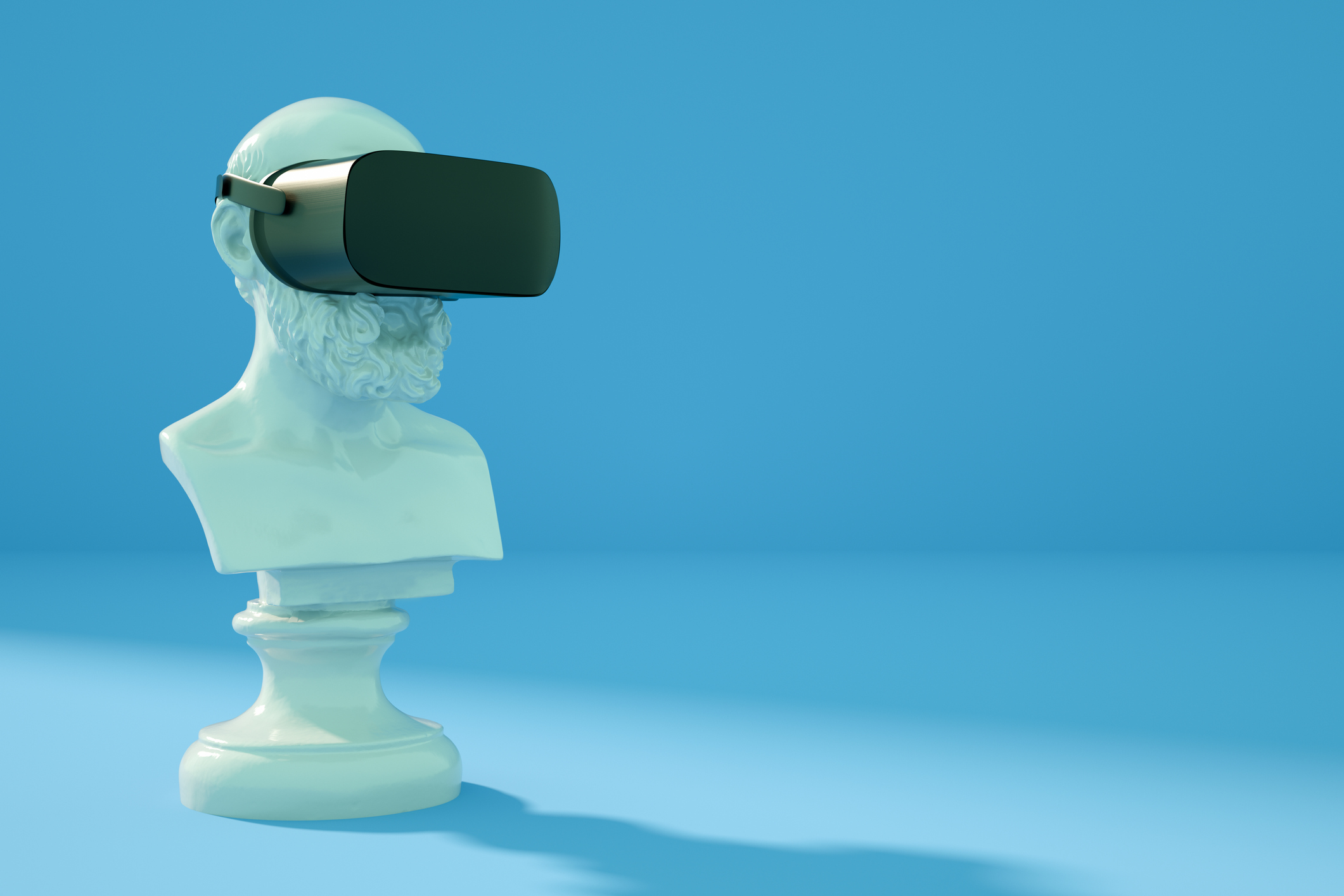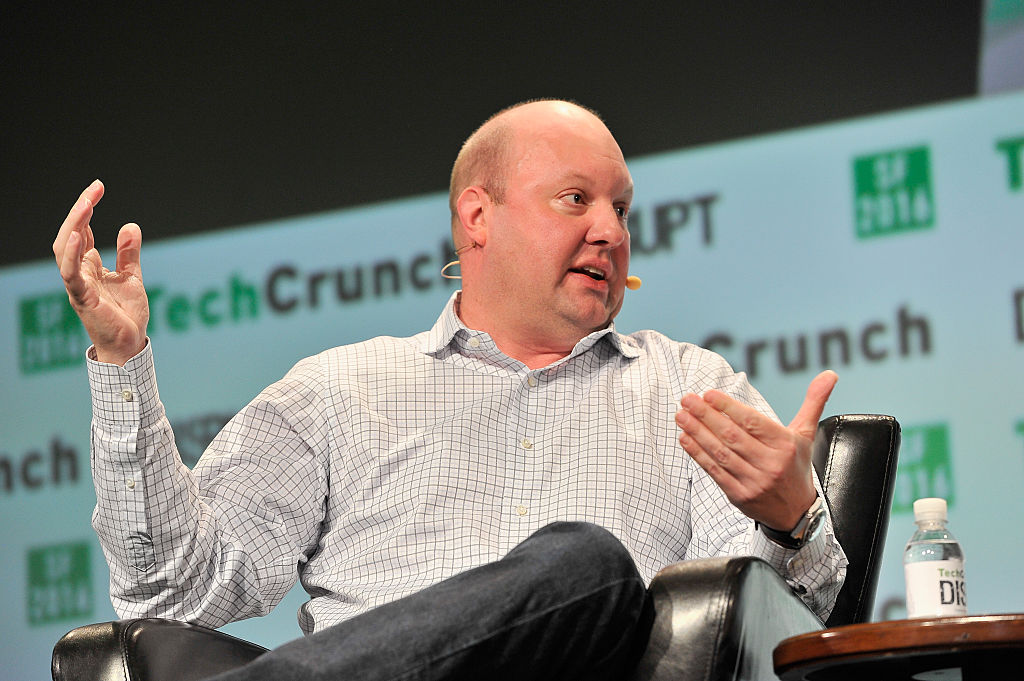The family unit is the essence of American society.
Meeting People

Dating apps have wrecked dating.
According to a 2023 Pew survey, only about half of users are satisfied with their online dating experience, and many are getting burned out after frequent and prolonged use. As lifestyle podcaster Shani Silver, the author of A Single Revolution, articulated, “What has all that time, all that effort, all that money, actually given me?”
So, why is it that many are still reliant on dating platforms and apps to meet their social needs? Part of the answer is that civil society has broken down, and online dating has begun to replace—and even displace—the traditional ways couples meet: through church, school, work, and friends. This has significant implications for marriage and family formation, as couples who meet in the real world are twice as likely to get married as those who meet online.
Churches are a good place to meet someone who shares your values and vision for life. People can be introduced through mutual acquaintances who can vouch for them. Even if the paired couple decides not to continue dating, they will likely run into each other again. This lack of anonymity elevates behavior. Improper conduct like ghosting, when someone suddenly stops responding to communications as a way of indicating he or she is not interested, will be met with shame. Sadly, it’s no secret that religiosity and church attendance are on the decline, and singles of marrying age tend not to make up the primary demographic holding steady to religious conviction. Of those attending church at least once a week, just 19 percent have never been married.
Universities, of course, are still populated primarily by young single adults. But the demographics are growing more troublesome for dating. Women now make up about 60 percent and men 40 percent of college attendees. This disparity is even greater on some college campuses, and the larger it gets, the more likely a hook-up culture prevails. While such a culture superficially seems to advantage men, it leaves both men and women bereft of meaningful relationships.
What about the workforce? In the age of #MeToo, many organizations (officially or unofficially) discourage colleagues from dating, sometimes for liability reasons. While the movement exposed the awful sexual conduct of some men, it has left many others confused about the rules governing social interactions between men and women, and has turned the workplace into a flirt-free zone. Moreover, many white-collar offices switched to remote work during Covid, and some have never fully returned to being in-person, so colleagues are less likely to happen across each other.
Meeting through friends can be effective, but unfortunately it is increasingly rare. We have become an atomized and lonely society. For example, men are in the midst of a “friendship recession,” with one in five single men reporting that they have no close friends. Since 1990, the percentage of men with at least six close friends has fallen from 55 percent to 27 percent. Young women, for their part, report increased feelings of persistent sadness and hopelessness, according to 2021 data from the Centers for Disease Control and Prevention.
The weakening of friendship networks is particularly troubling. While introductions through family, church, and school have all been declining since 1940, meeting through friends didn’t start deteriorating sharply until 2009, around the time online dating grew thanks to the launch of the iPhone. According to the analysis of sociologists Michael J. Rosenfeld, Reuben J. Thomas, and Sonia Hausen, “the growth of meeting online has strongly displaced meeting through friends.” In 1995 (the year Match.com launched), 33 percent of heterosexual couples met through friends, and in 2017, that figure stood at 20 percent.
This also isn’t surprising. Dating apps require less effort and seem more convenient than traditional ways of meeting. Indeed, men and women can casually scroll through ever-available dating profiles on their phones rather than hoping a friend knows a compatible single. However, there are serious downsides to this apparent convenience. While apps allow users to filter their matches by select criteria (age, education level, etc.), such filters are a poor replacement for the judgement of a friend who can consider less tangible considerations.
Likewise, dating apps may even engender antisocial behavior and attract those who exhibit it. Researcher Rob Henderson conjectures that men given to traits of psychopathy, narcissism, and Machiavellianism—the so-called “Dark Triad” of malevolence—comprise as many as one-fifth of males on dating apps. He calls the online dating environment “tailor-made for psychopathic males” due to its facilitation of “anonymity, superficiality, and deception.” Female dating app users, too, are more likely to exhibit negative behaviors, like using drugs, than non-app users.
Some conservatives are mounting efforts to temper the internet’s worst incentives in the dating world, but the jury is still out on whether they can deliver. A Peter Thiel-funded dating app, The Right Stuff, boasted 40,000 downloads a month and a half after its release, but downloads dropped in subsequent months. And artificial intelligence-driven service Keeper, which claims to prioritize marriage and “human care,” raised nearly $1 million in seed funding as of May 2023.
While these efforts are admirable, the old ways will likely still prove to be the best. Successful relationships are the territory of hearts and minds, of chemistry and mystery, not bits and bytes. More people should make the effort and take the risk of saying hello at a coffee shop rather than settling for a swipe on Bumble. Technology is not a replacement for civil society, no matter how much a society has corroded.
The American Mind presents a range of perspectives. Views are writers’ own and do not necessarily represent those of The Claremont Institute.
The American Mind is a publication of the Claremont Institute, a non-profit 501(c)(3) organization, dedicated to restoring the principles of the American Founding to their rightful, preeminent authority in our national life. Interested in supporting our work? Gifts to the Claremont Institute are tax-deductible.
Dating apps exacerbate the crisis around forming long-lasting relationships.
The Unabomber worshipped and rebelled against the false god of technology.
You don’t know the machine’s agenda.
Manufacturing and experimenting on embryonic human beings is clearly unethical.
Marc Andreessen’s boosterism is naïve and unproductive.





